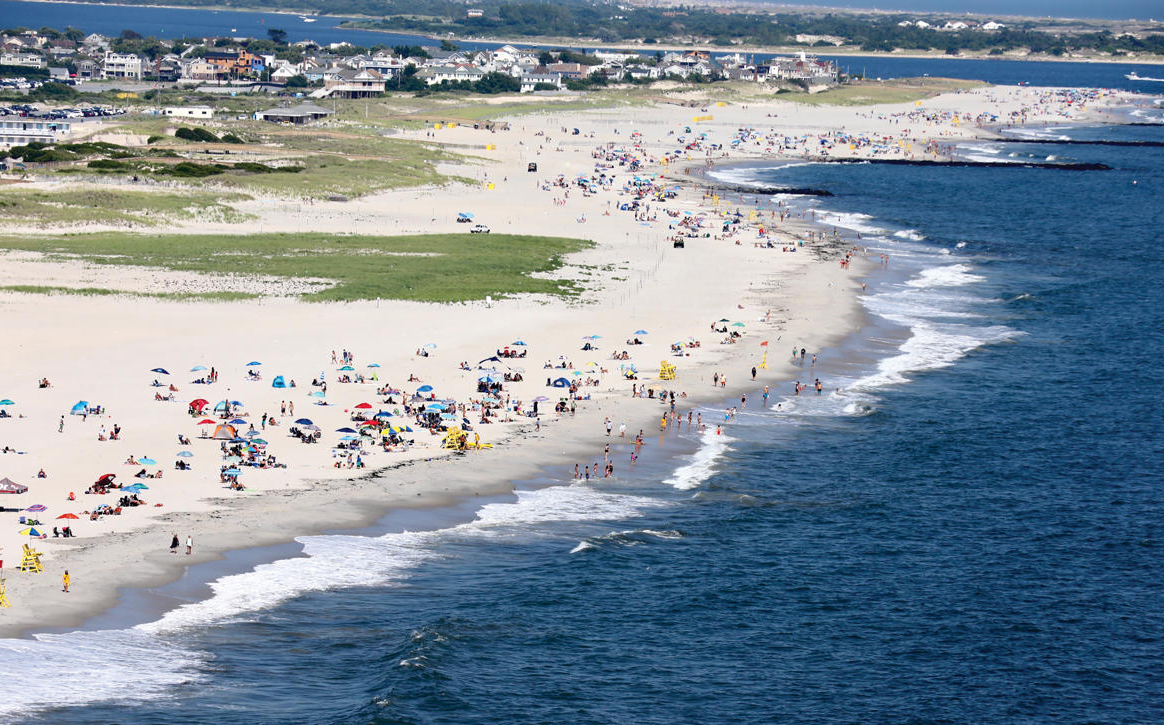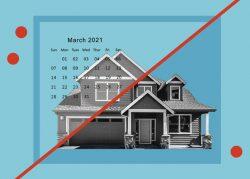After a year of putting travel plans on hold, Americans are eager to embark on their next trip. But finding a place to stay domestically may not be as easy as in years past.
By the end of March, 90 percent of vacation homes listed on Vrbo in the Jersey Shore and Cape Cod were booked for July, the New York Times reported. Compare that to 2019, when more than 30 percent of the listings in those areas were still available.
At The Redwoods In Yosemite, a company that operates more than 120 vacation homes in Yosemite National Park, bookings for May are 35 percent above what they were in 2019. Bookings for June are up 37 percent; for July, it’s an increase of 27 percent.
Read more


At Barkwells, a group of dog-friendly vacation rentals in North Carolina’s Blue Ridge Mountains, bookings for the rest of the year have grown 30 percent over 2019’s numbers.
As guests compete for bookings, prices are on the rise. According to Transparent, a vacation-rentals data company, the national average nightly rate for Airbnb rentals in July and August is around $220. That’s an increase from last year’s $194; in 2019, a typical year, it was $185.
And thanks to more workplace flexibility, renters are staying longer. According to Evolve, a hospitality company that manages more than 14,000 short-term rentals, the average length of stay has increased from 3.7 days in 2020 to 4.9 days. Across search engine HomeToGo, the stay length for travelers checking in between May 1 and Sept. 1 is 11 days, a 14 percent increase from 2019.
[NYT] — Sasha Jones
